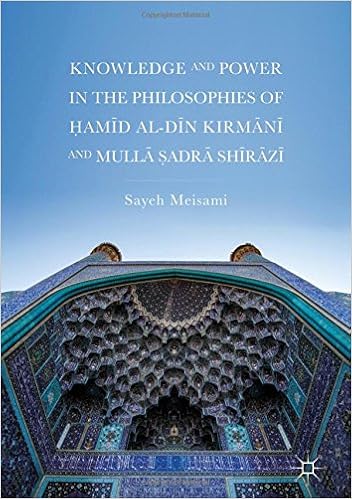"...the Imagination (or love, or sympathy, or any other sentiment) induces knowledge, and knowledge of an 'object' which is proper to it..."
Henry Corbin (1903-1978) was a scholar, philosopher and theologian. He was a champion of the transformative power of the Imagination and of the transcendent reality of the individual in a world threatened by totalitarianisms of all kinds. One of the 20th century’s most prolific scholars of Islamic mysticism, Corbin was Professor of Islam & Islamic Philosophy at the Sorbonne in Paris and at the University of Teheran. He was a major figure at the Eranos Conferences in Switzerland. He introduced the concept of the mundus imaginalis into contemporary thought. His work has provided a foundation for archetypal psychology as developed by James Hillman and influenced countless poets and artists worldwide. But Corbin’s central project was to provide a framework for understanding the unity of the religions of the Book: Judaism, Christianity and Islam. His great work Alone with the Alone: Creative Imagination in the Sufism of Ibn ‘Arabi is a classic initiatory text of visionary spirituality that transcends the tragic divisions among the three great monotheisms. Corbin’s life was devoted to the struggle to free the religious imagination from fundamentalisms of every kind. His work marks a watershed in our understanding of the religions of the West and makes a profound contribution to the study of the place of the imagination in human life.Search The Legacy of Henry Corbin: Over 800 Posts
Thursday, March 29, 2018
Knowledge and Power in the Philosophies of Ḥamīd al-Dīn Kirmānī and Mullā Ṣadrā Shīrāzī
Knowledge and Power in the Philosophies of Ḥamīd al-Dīn Kirmānī
and Mullā Ṣadrā
by Sayeh Meisami
on amazon
Springer Description
This book is a comparative study of two major Shīʿī thinkers Ḥamīd al-Dīn Kirmānī from the Fatimid Egypt and Mullā Ṣadrā from the Safavid Iran, demonstrating the mutual empowerment of discourses on knowledge formation and religio-political authority in certain Ismaʿili and Twelver contexts. The book investigates concepts, narratives, and arguments that have contributed to the generation and development of the discourse on the absolute authority of the imam and his representatives. To demonstrate this, key passages from primary texts in Arabic and Persian are translated and closely analyzed to highlight the synthesis of philosophical, Sufi, theological, and scriptural discourses. The book also discusses the discursive influence of Naṣīr al-Dīn Ṭūsī as a key to the transmission of Ismaʿili narratives of knowledge and authority to later Shīʿī philosophy and its continuation to modern and contemporary times particularly in the narrative of the guardianship of the jurist in the Islamic Republic of Iran.
Subscribe to:
Post Comments (Atom)









No comments:
Post a Comment